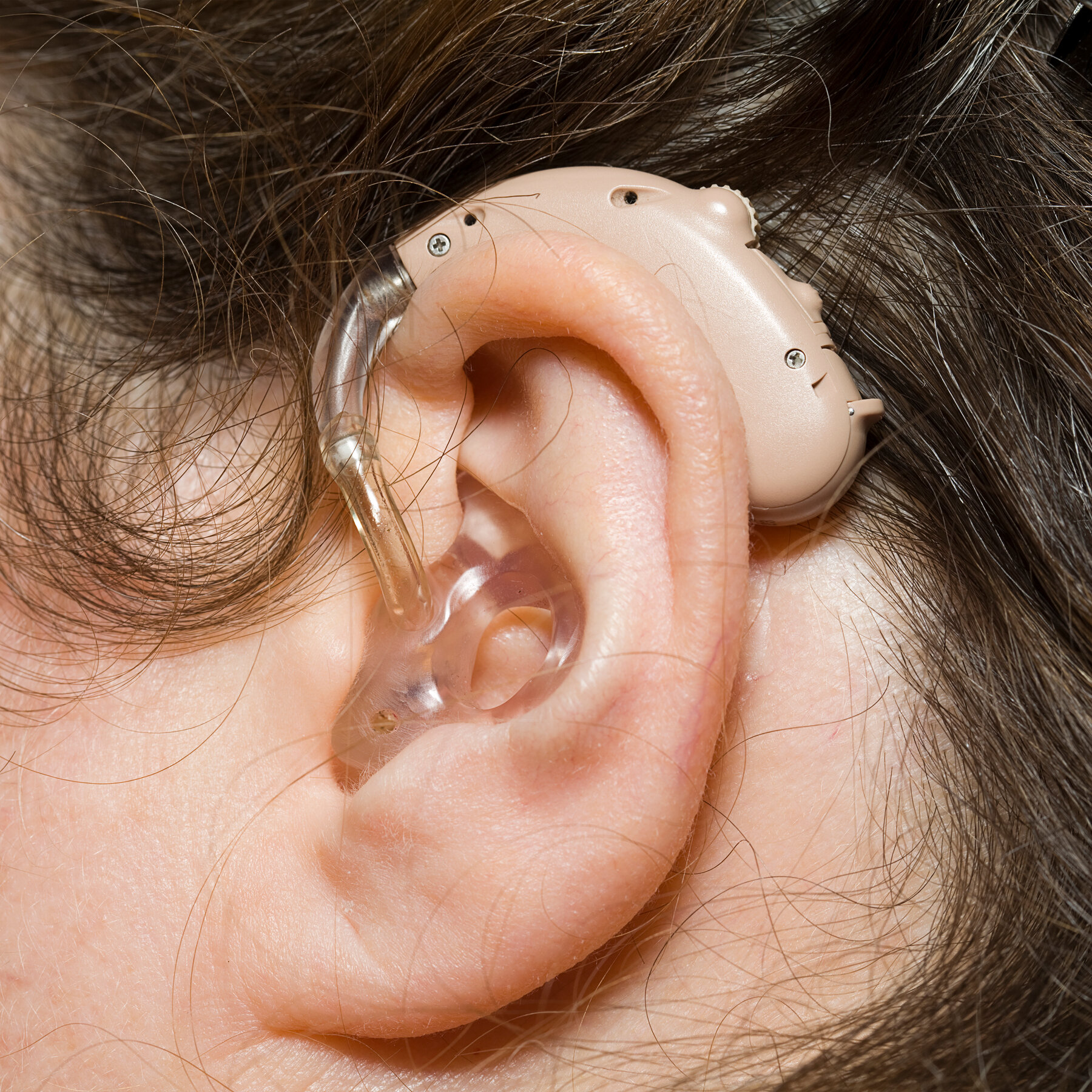HEARING AIDS
CAUSES
- Aging. The inner ear breaks down over time.
- Loud noise. Being around loud sounds can damage the cells of the inner ear. …
- Heredity. Your genes may make you more likely to have ear damage from sound or from aging.
- Noises on the job. …
- Noises at play. …
- Some medicines. …
- Some illnesses.
What are hearing aids?
A hearing aid is a small electronic device that you place in or behind your ear. Hearing aids amplify sounds so that people with hearing loss can improve their hearing and speech comprehension.
There are many different types of hearing aids available today, including prescription and over-the-counter (OTC) hearing aids. Your healthcare provider can help you find a solution that fits your lifestyle and preferences.
What are the benefits of hearing aids?
Wearing hearing aids offers many advantages for people with hearing loss.
Hearing aids can:
- Help you hear better in different environments.
- Improve your communications skills.
- Improve comprehension when listening.
- Give you more independence.
- Reduce tinnitus (ringing in your ears).
How do hearing aids work?
Hearing aids contain different components that work together to amplify sound.
The three basic hearing aid parts include:
- A microphone.
- An amplifier.
- A speaker (receiver).
Sounds goes in through the microphone. Then, the microphone converts the sound waves to electrical signals before sending them to the amplifier. Finally, the amplifier sends the sounds to your ear through a tiny speaker.
Who can benefit from hearing aids?
Hearing aids work best for people with sensorineural hearing loss. This type of hearing loss is a result of damage to your inner ear or auditory nerve (the nerve that connects your ear to your brain). Causes of sensorineural hearing loss include:
- Aging.
- Disease.
- Infection.
- Loud noises.
- Certain medications.

